Publications
Articles, publications, books, tools and multimedia features from the U.S. Institute of Peace provide the latest news, analysis, research findings, practitioner guides and reports, all related to the conflict zones and issues that are at the center of the Institute’s work to prevent and reduce violent conflict.

Tegan Blaine on Climate Change and Peacebuilding
After the annual PeaceCon featured climate change as one of the conference’s main themes, USIP’s Tegan Blaine says, “It’s no longer possible to say that climate change does not intersect with peacebuilding. The realities are there … we need to be more honest about what the likely impacts are going to be.”
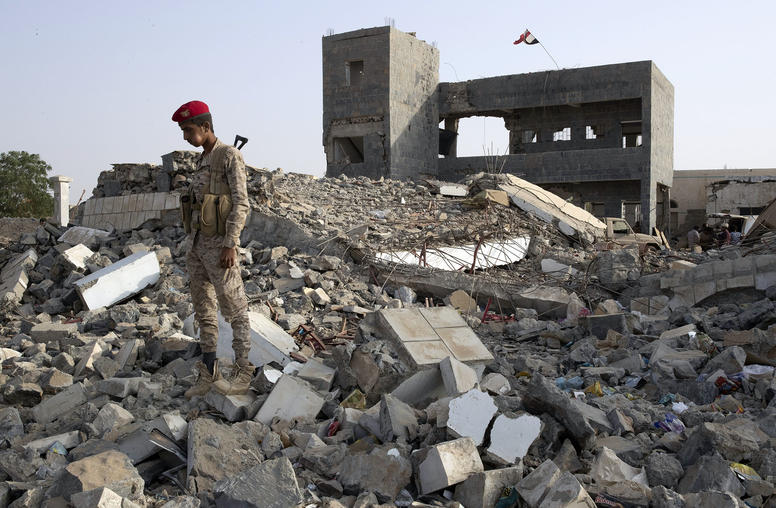
Houthi Offensive ‘Primary Obstacle’ to Peace in Yemen, Says U.S. Special Envoy Lenderking
The Biden administration’s diplomatic efforts toward ending the war in Yemen are yielding international consensus on the need for a cease-fire and a more inclusive peace process, U.S. Special Envoy for Yemen Timothy Lenderking said on February 8. However, Lenderking added, a military offensive by Houthi rebels is a major obstacle to those peace efforts.
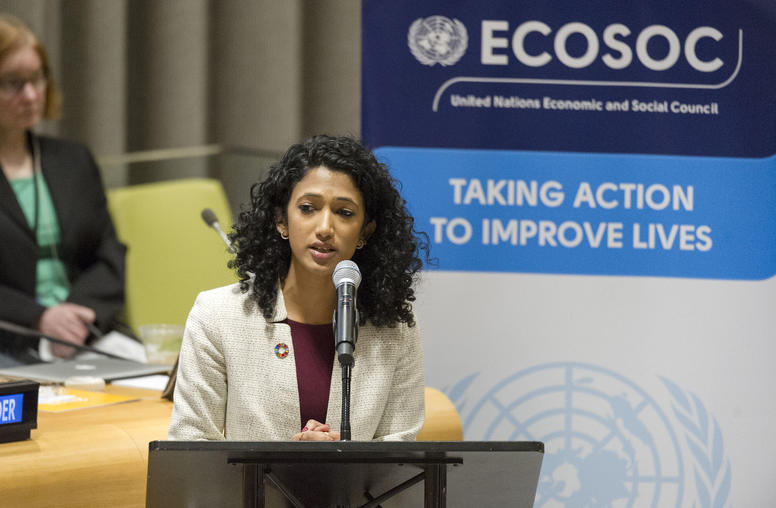
Youth Leadership in Peacebuilding: A Catalyst for Advancing U.N. Sustainable Development Goal 16
When U.N. Sustainable Development Goal 16 (SDG 16) was adopted in 2015, it was envisioned as a framework for countries experiencing unrest to build peace and promote justice through strong institutions. Efforts have been made at different levels to make this goal a reality, but the outlook is not encouraging. The latest report from the U.N. found over 80 million people had fled war, persecution and conflict in 2020, the highest ever recorded. And every day, 100 people — including women and children — are killed in armed conflicts. With these grim figures and the end-of-decade deadline for SDG16 rapidly approaching, there should be a concerted effort to engage with youth leadership to help get SDG 16 back on track.
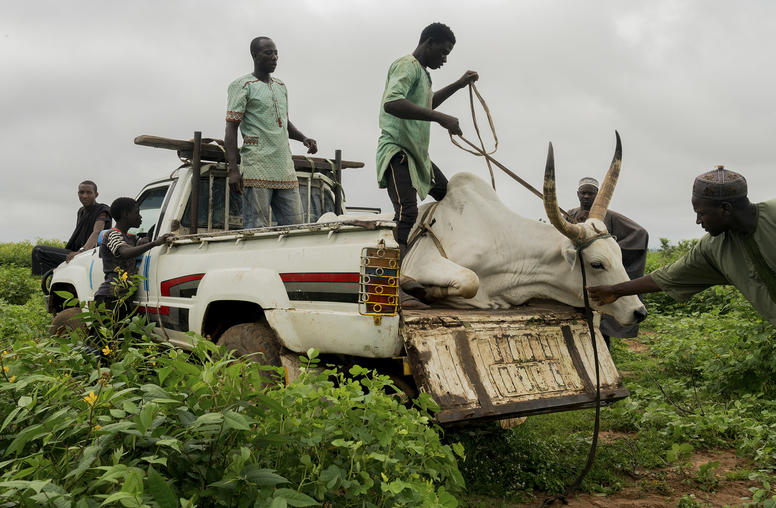
Amid Nigeria’s Violence, a Local Peace Process Advances
Next week opens a high-stakes season of risk for Africa’s demographic giant, Nigeria: the one-year countdown to a presidential election to be held amid the upheavals that have killed or displaced hundreds of thousands of people over the past decade. Nigeria’s escalated regional and local conflicts risk fueling a similar escalation in the country’s pattern of election-related violence. But hope for reducing this combined risk is visible in the work of still-young peacebuilding agencies established by several of Nigeria’s state governments. In one region, these agencies have achieved a peace accord to halt a communal conflict that burned down villages and uprooted thousands of people.
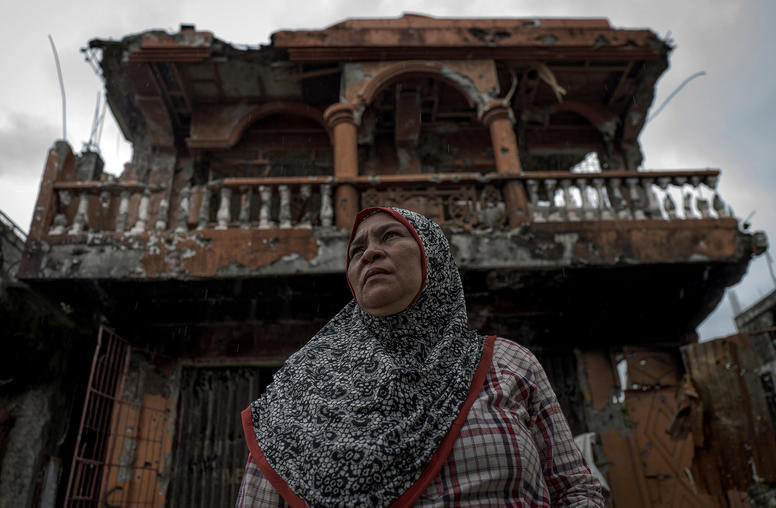
Examining Women’s Critical Role in Peacebuilding in the Southern Philippines
Peace is the new battle cry for the island of Mindanao. Situated in the southern Philippines, the region is among the poorest in the nation despite natural resources and promising agrarian assets. Mindanao is also prone to calamities, from clashes between the military and armed groups and violent clan feuds to seasonal natural disasters, that regularly displace entire communities. These unrelenting disruptions to our social, political and economic lives have impacted generations.
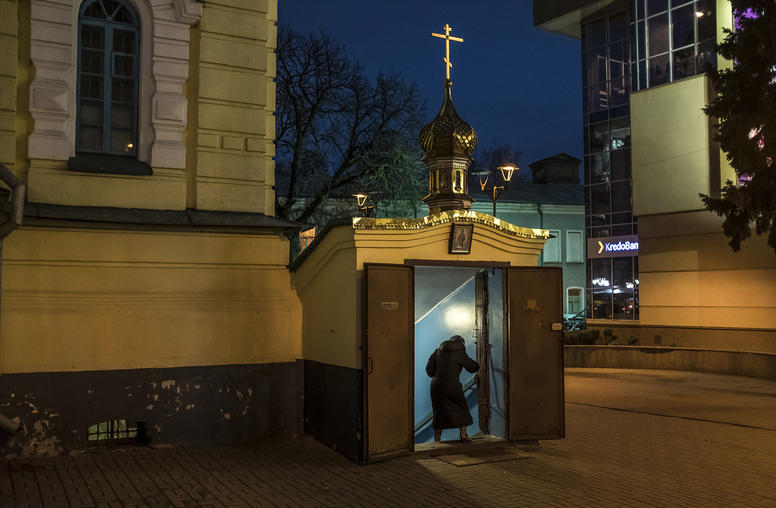
How Putin Turned Religion’s ‘Sharp Power’ Against Ukraine
Long before Russia positioned military forces along Ukraine’s border or menaced its neighbor with cyber-attacks and economic pressure, Moscow deployed another, under-appreciated weapon increasingly used by rising global powers: the transformation of religious soft power into what is known among some scholars of authoritarianism as “sharp power.”

Priscilla Clapp on the Anniversary of Myanmar’s Coup
A year after the military coup, Myanmar’s diverse opposition is working together on an alternative to military rule. USIP’s Priscilla Clapp says while “it will take years to bring a consensus about for this new government, it’s a very good start … we have hope that there can be unity there if they work on it.”
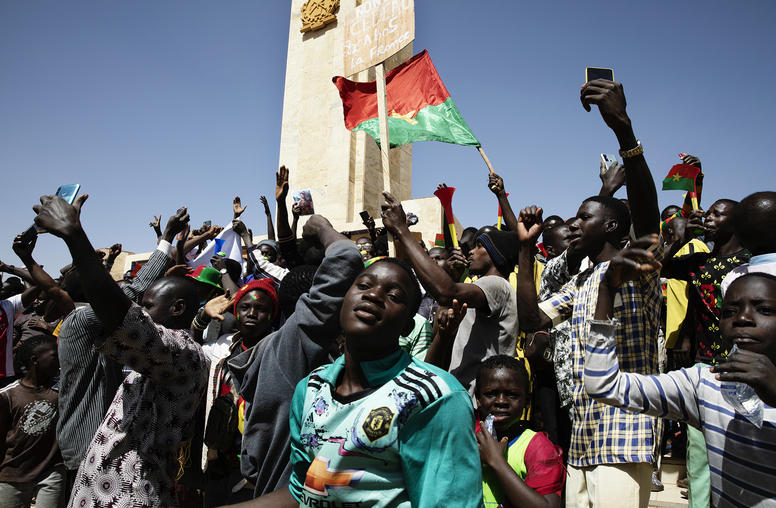
A Sixth Coup in Africa? The West Needs to Up Its Game.
The government of Guinea-Bissau says it survived an attempted coup d’état yesterday, just days after Burkina Faso suffered the fifth coup in nine months around the greater Sahel. These upheavals cement this African region as the most pronounced center of a global crisis: Poor and authoritarian governance is breeding extremism and transnational criminality, igniting violence and undermining efforts to build democracies. Following last year’s military power grabs in Chad, Mali, Guinea and Sudan, the new crises highlight widening risks to security — for the 135 million people of the Sahel region, and ultimately for Europe and the United States. They also point to changes needed in U.S. and international policies.
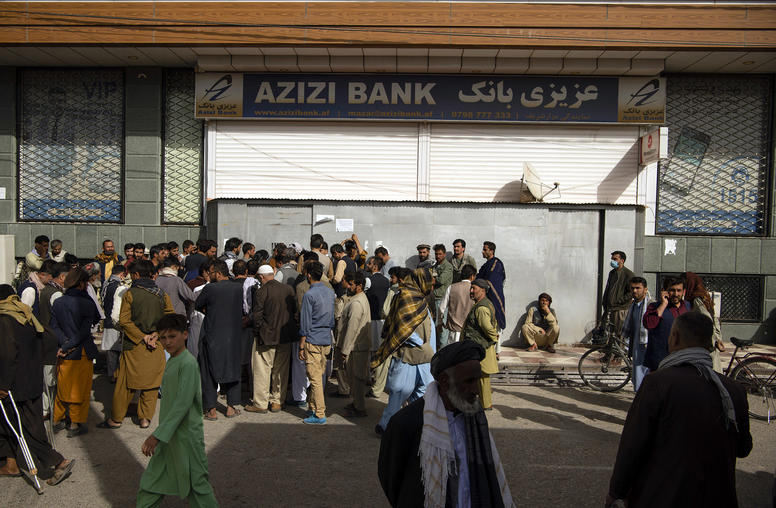
Taliban Are Collecting Revenue — But How Are They Spending It?
Although economic and humanitarian conditions in Afghanistan continue to deteriorate, the Taliban have taken some positive steps toward financial stability by publishing a fiscally responsible three-month budget and raising considerable amounts of domestic revenue — especially through customs duties, which have risen with a crackdown on corruption.
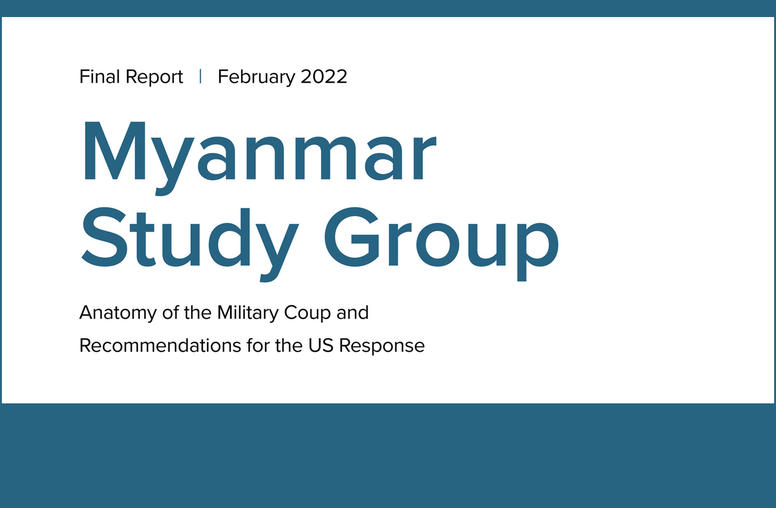
Myanmar Study Group: Final Report
In March 2021, the Myanmar Study Group was organized by the United States Institute of Peace (USIP) in response to the evolving conflict in Myanmar following the military coup of February 1, 2021. To support U.S. policy toward Myanmar, the Institute convened a study group of nine prominent experts on Myanmar and Asian affairs from April through September 2021. The study group held five discussions on topics of critical relevance to the crisis in Myanmar, supplemented by consultations with key stakeholders in the country and the region. Although convened by USIP, the views and recommendations contained in the report are solely those of the Myanmar Study Group, not USIP.